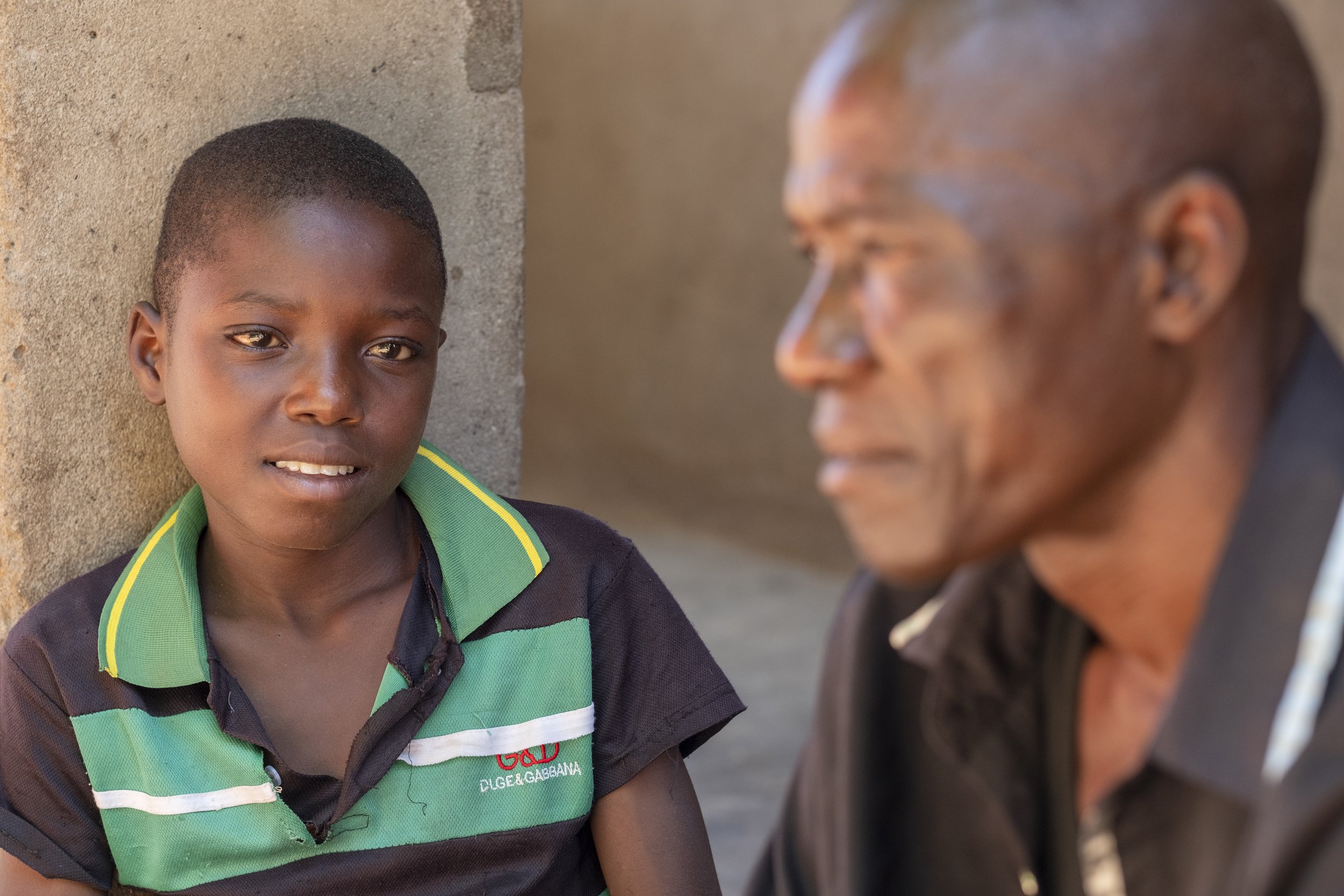International Men’s day: Poverty alleviation cannot be ignored in the aim for zero male suicide
Sunday 19th November, is International Men’s Day. This year’s theme is ‘Zero male suicide’ whereby men and boys are supported to understand and cope with mental health challenges. In comparison with the 8th of March, International Women’s Day, it is much less well-known and much less fêted. In a time when male privilege is frequently considered the root of all ills, it means it is very difficult to celebrate men but also to put the challenges facing men on the table.
One of these challenges is mental health and suicide and it needs to be talked about more.
In the UK, only 36% of all NHS referrals for psychological therapies are for men. Men are less likely to seek help for their mental health; 52% would be concerned about taking time off work, whilst 46% would be embarrassed or ashamed to tell their employer; Suicide is the leading cause of death for men under the age of 50 in the UK and 75% of deaths by suicide are males, and they are three times more likely to die by suicide than women; Men are also more likely to “cope” with their depression and other disorders through substance abuse.
These figures in the UK paint a stark picture and one that is reflected across the globe. The reasons are complex and debated. For some, the problem is with men themselves and a societal problem that is described as ‘toxic masculinity’, generated by men. The solution is often considered to be a change in attitudes towards masculinity. Men are advised to talk more, to be more in touch with their feelings, to change what it is to be defined as men.
In Affleck, W et al (2018) Men’s Mental Health: Social Determinants and Implications for Services, looking at the Irish context, common risk factors and social determinants that may explain higher rates of certain mental health outcomes in men are explored, including occupational and employment issues; family issues and divorce; adverse childhood experience; low rates of mental health service utilization in men; the role of dominant notions of masculinity such as stubbornness and self-reliance in deterring service utilization plus the discourse on the role of masculinity containing much “victim blaming,” often adopting a reproachful deficit-based model
A changing world for many in places like the UK and Ireland brings challenges. The role of men and women is no longer so clear cut. The male breadwinner is no longer the standard. Yet, it is not so easy for men to assume the role of carer.
But evolving gender roles can not be the only reasons. Across the world, the suicide rate is higher for men (12.6 per 100,000) than for women (5.4 per 100,000). Mental health challenges are even greater in the global south. In 2019, 77% of suicides occurred in low- and middle-income countries where gender roles remain pretty much as they traditionally were.
The suicide rate in the African Region is the highest in the world, estimated at 11.2 per 100,000 population in 2019, compared to the Global average of 9.0. Kenya's average crude national suicide death rate is estimated at 6.1 per 100,000 with a male to female ratio of 3:1. In Zimbabwe, the figures are higher at 14.1 with a similar male:female ratio.
With funding from Irish Aid, CBM Ireland has been working with local partners to address the challenges of poor mental health in Kenya and Zimbabwe. Talking to the people directly affected, we learn that the challenges are not just medical challenges. They are contextual, societal, practical and economical. Services do not exist; mental health challenges are stigmatised; there is little understanding.
Poverty is a significant underlying driver of mental health challenges, particularly for men, in these countries. Unable to access stable work to provide for their families in unstable economies, watching helplessly as rains fail and crops do not reach maturity, not knowing to make ends meet, leads to desperation.
Without addressing the intersectionality of poverty and mental health these challenges will continue to persist. Simply expecting men to change their attitudes will not suffice. Breaking the cycle of poverty and mental health challenges requires breaking the cycle of poverty.
Suicide and mental health challenges are not peculiar to men, but men are asymmetrically affected both in higher and lower income countries. Men are doubly-asymmetrically impacted in lower income countries where solutions such as accepting vulnerability, being less stubborn, and reaching out for help are often impractical – where professional help is simply not available and there are no safety-nets to provide support.
The practical reality is that the bottom line can be simply getting food on the table.
Ignoring International Men’s Day can mean ignoring talking about the practical realities of life in places like Kenya and Zimbabwe. It is not just about coping with mental health challenges but also addressing avoidable mental health problems through poverty alleviation.
